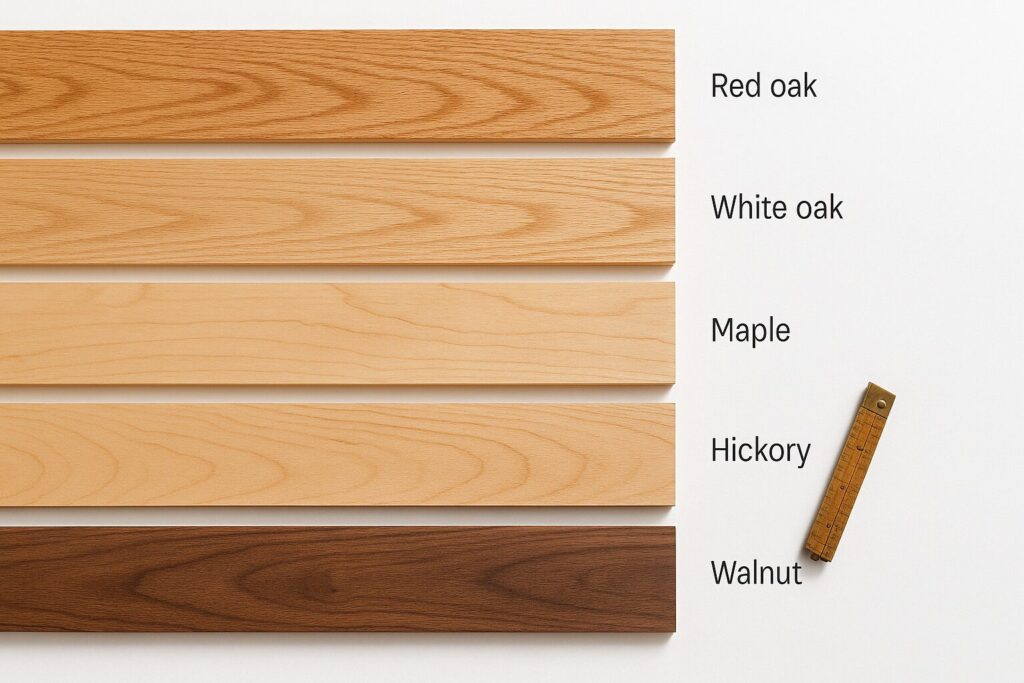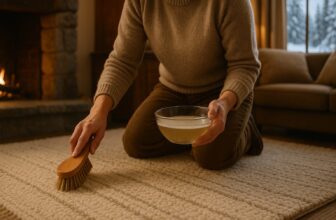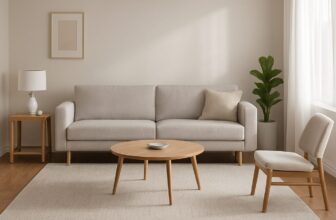Hardwood flooring New Hampshire is one of the most sought-after choices for homeowners in the Granite State. With its natural beauty, durability, and timeless appeal, hardwood can dramatically elevate the look and value of your home. But not all hardwood is created equal, especially in a region like New Hampshire, where climate, lifestyle, and architecture influence flooring decisions.
This comprehensive guide explores the best hardwood flooring options for New Hampshire homes, including wood species, finishes, and installation methods. Whether you’re renovating a century-old Colonial in Concord or outfitting a new build in Manchester, this guide is crafted to help you make an informed, confident decision.
Why Hardwood Flooring New Hampshire is Ideal for Local Homes?
1. Seasonal Durability
New Hampshire experiences humid summers and cold, dry winters. Quality hardwood, particularly engineered hardwood, can handle these fluctuations better than laminate or carpet, expanding and contracting without warping when properly installed.
2. Long-Term Value
Hardwood floors can last 30 to 100+ years with proper care, making them a smart investment. They also boost resale value, a key consideration in competitive markets like southern New Hampshire.
3. Aesthetic Versatility
From rustic, wide-plank styles that suit country farmhouses to sleek, modern finishes for urban condos, hardwood flooring offers design flexibility that matches nearly any interior.
Solid vs. Engineered Hardwood: Which Is Better for NH?
Solid Hardwood
- Construction: Single piece of hardwood, usually 3/4″ thick
- Pros:
- Can be sanded and refinished multiple times
- Ideal for upper floors
- Cons:
- Susceptible to moisture and temperature changes
- Not suitable for basements or below-grade areas
Engineered Hardwood
- Construction: Multiple layers with a hardwood veneer top layer
- Pros:
- More stable in humid or fluctuating environments
- Can be installed over concrete or radiant heating
- Better suited for New Hampshire’s seasonal shifts
- Cons:
- Limited number of refinishes depending on veneer thickness
Best Practice: Use solid hardwood for above-grade spaces and engineered hardwood for basements or rooms with radiant heating.
Top Hardwood Species for New Hampshire Homes
1. Red Oak
- Color: Warm, reddish tones
- Durability: Good (Janka rating: 1290)
- Why NH Homeowners Love It: Readily available, affordable, and complements traditional New England aesthetics.
2. White Oak
- Color: Light tan to medium brown
- Durability: High (Janka rating: 1360)
- Features: More water-resistant than red oak; excellent for kitchens and entryways.
3. Maple
- Color: Creamy white to light reddish-brown
- Durability: Very High (Janka rating: 1450)
- Why It’s Popular: Its fine grain gives a clean, modern look—great for contemporary homes in Nashua or Bedford.
4. Hickory
- Color: Varied tones with strong grain patterns
- Durability: Extremely High (Janka rating: 1820)
- Perfect For: High-traffic areas or homes with pets and kids.
5. Walnut
- Color: Rich chocolate brown
- Durability: Moderate (Janka rating: 1010)
- Luxury Appeal: Adds depth and sophistication to formal dining rooms or offices.

Finish Options: Style Meets Function
Pre-finished vs. Site-finished
- Pre-finished:
- Comes sanded and sealed from the manufacturer
- Faster installation and less mess
- Durable UV-cured finishes
- Site-finished:
- Offers custom stain and finish options
- Seamless look without micro-bevel edges
- More labor-intensive and longer installation time
Sheen Levels
- Matte: Modern and hides scratches well
- Satin: Most popular; balanced between glossy and flat
- Glossy: Formal and reflective, but shows wear faster
Pro Tip: Choose satin or matte finishes in high-traffic areas for lower maintenance and longer visual appeal.
Installation Considerations for NH Homes
Subfloor & Moisture Control
- Check moisture levels in the subfloor before installing
- Use vapor barriers or underlayments to protect against humidity
Professional vs. DIY Installation
- Professional: Guarantees quality, protects warranty, and ensures proper acclimation
- DIY: Viable for floating engineered floors but requires tools and flooring experience
Acclimation Is Key
Before installation, hardwood must acclimate to your home’s environment for 5–7 days to prevent future warping or gaps.
Maintenance Tips for NH Weather
- Use mats near entryways to catch snow, sand, and salt
- Maintain consistent indoor humidity (30-50%) with humidifiers
- Sweep regularly and use hardwood-specific cleaners
- Avoid soaking the floor or using steam mops
Popular Hardwood Trends in New Hampshire
- Wide Planks: Offer a spacious, rustic feel—especially popular in rural homes.
- Gray & Natural Tones: Reflect New England’s coastal and woodland vibes.
- Mixed Widths: Add dimension and uniqueness to open-concept spaces.
- Reclaimed Wood: Eco-friendly and full of character, perfect for farmhouse or historic restorations.
Final Thoughts: Choosing the Right Hardwood for Your NH Home
When choosing hardwood flooring New Hampshire, balance your aesthetic goals with functional needs. Consider your home’s layout, your lifestyle (kids, pets, high-traffic zones), and the seasonal temperature swings of New England. Engineered hardwood often provides the stability local homeowners need, while classic species like oak or hickory deliver timeless beauty.
For the best results, work with a local flooring expert who understands the specific challenges and styles of homes in the Granite State. Whether you’re installing new floors in Manchester or refinishing originals in Portsmouth, hardwood flooring is a smart, beautiful investment.





